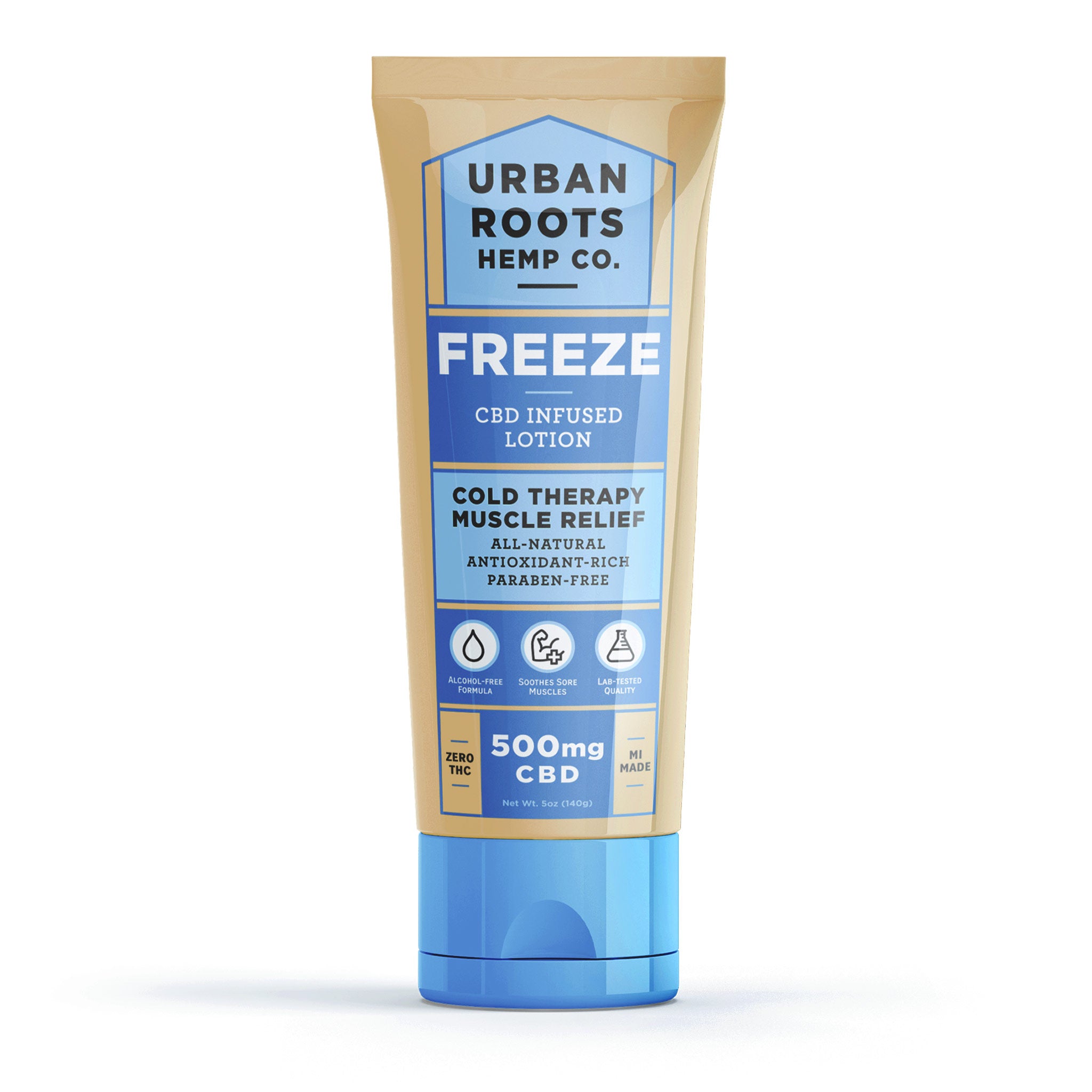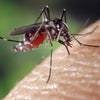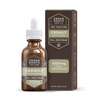CBD and the Immune System


CBD and immune health. I know what you might be thinking, “really, CBD helps my immune system? So there’s another almost unbelievable potential benefit of this substance??” Well, in reality, it’s not quite that simple.
In this article, we won’t be claiming that CBD can cure the common cold or that it is the answer to all your immune health problems, or can turn your immune system into some type of superman that can successfully kill every single pathogen it comes up against.
With that said, however, research to date have uncovered some interesting connections between our body’s endocannabinoid system (ECS) and our immune system. This connection primarily results from the fact that the ECS serves as our body’s communication super highway. It relays signals and information that trigger certain bodily responses in an attempt to maintain balance. These also include signals and information related to immune system responses.
But let’s slow it down and not get too far ahead of ourselves. Here’s a closer look at what the immune system itself is responsible for and how it works.
The Important Role of Your Immune System
The immune system is one of our most critical body systems. Think of it as the bouncer at the door that keeps unwanted or dangerous bugs, viruses, and other organisms out or, if they do get in, tries to throw them out. In humans and other complex organisms, the immune system is a defense system that is comprised of various biological structures and processes that protect us from disease.
In order to maintain security in the body and keep us safe, our immune system must be able to detect, recognize, and fight off a wide range of pathogens, from viruses to parasitic worms. The trick is that the system needs to be able to differentiate between these bad germs and pathogens and our own healthy cells and tissues. You want your immune system to sense potentially harmful invaders and kill or expel them but leave your other body systems alone.
Make no mistake, fighting off a constant stream of invaders is no easy task. Our bodies are bombarded 24/7, day in day out with an endless barrage of diseases, infections, and bacteria. Furthermore, in addition to this primary task, the immune system is responsible for detecting and eliminating cells and tissues that aren’t functioning properly.
Can CBD Help Your Immune System?
Needless to say, our immune systems perform tasks that are crucial to our survival, and they work tirelessly. The question is, are there any ways you can help give your immune system an edge so it can better protect you and keep you healthy? People take various vitamins and supplements, for example vitamin C and zinc, to give their health a boost. But what about CBD? Can CBD help boost immune health and the system’s effectiveness?
The answer is, possibly. As we mentioned, the endocannabinoid system and immune system work closely with one another. As CBD and other external cannabinoids influence the ECS, this means that they may have a useful impact on the immune system as well. The research, although somewhat limited at this point, seems to back this up.
According to several studies, various immune system specialty cells have both types of endocannabinoid receptors, CB1 and CB2. This means that both cannabinoids (like CBD and THC) as well as endocannabinoids (cannabinoids produced endogenously within the body, hence “endo”) are able to bind to immune system cells. Furthermore, many researchers believe that endocannabinoids play a key role in immune function and in immune system homeostasis or balance.
Endocannabinoids are produced on demand and regulate and modulate a wide range of cellular activity by binding to either of these two receptors. When it comes to immune response, CB2 receptors play a more active role. In fact, there are about 10-100 times more CB2 receptors found on immune cells than CB1 receptors, which are found primarily throughout the central nervous system. When these CB2 receptors are activated, they can create an anti-inflammatory effect.
CBD as an Immunosuppressant
As of right now, the most useful way that CBD is related to the immune system is by tempering its potentially harmful effects. This may be counter-intuitive, but in trying to protect our bodies, the immune system can sometimes go too far or provide a response that isn’t needed. In chronic cases, these types of conditions are known as autoimmune disorders. Conditions like Crohn’s Disease, multiple sclerosis, arthritis, and many others, are all the result of misplaced or overactive immune responses.
In the case of autoimmune disorders, “improving” your immune system means making it less sensitive and less active so that it stops attacking the body’s own cells and tissues. It is thought to accomplish this tempering in the following ways:
- Anti-inflammatory properties which reduce the immune system’s inflammatory response.
- CBD may suppress the function and secretion of cytokines, large groups of proteins that signal molecules that regulate your body’s immunity, inflammation, and white blood cell production.
- CBD may also restrict the production of chemokine, a group of cytokines that lead immune cells to an infection site so that white blood cells can attack and destroy dangerous microbes.
- Some research has also indicated the CBD may inhibit the production and suppression of immune system T-cells.
Does CBD Hurt Your Immune System?
If the evidence points towards CBD suppressing immune responses, does that mean that CBD makes you more susceptible to diseases or viruses? Scientists say it’s a bit more complicated than that. A lot of the research into the health effects of CBD has been conducted on patients with severely compromised immune systems — those with HIV, hepatitis B or, surprisingly, the Ebola virus.
Overall, what these studies have found is that medical cannabis and cannabinoids (synthetic cannabis compounds) don’t actually increase the number of virus cells in the body or the number of other infections that patients contract. On the contrary, the research seems to point towards THC’s and CBD’s potential anti-inflammatory effects possibly reducing the damage that so-called opportunistic diseases do to the body when individuals are suffering from diseases like HIV.
CBD and Immune Health: Conclusion
So, what’s the verdict? Does CBD help your immune system, hurt it, or not really have much effect on it? Well, according to all the research we have at the moment, we can say that CBD does, at least, have an effect on our immune systems. This is the result of the close collaboration between the immune and endocannabinoid systems, and CBD’s effect on the latter. Due to its reported anti-inflammatory properties, CBD is possibly an effective treatment for a wide range of autoimmune disorders because it tempers immune responses that are too strong or misplaced.
There is also some preliminary research indicating that CBD may have a positive and protective effect for our healthy cells when it comes to both HIV and cancer. With HIV, a study of SIV in monkeys showed that CBD decreased the viral load and lead to an increase in the production of T-cells. When it came to cancer, a study found that THC and CBD may have anti-tumoral effects that result in the death of the cancer cells.
Both of these instances are extremely interesting and will most likely be researched further and more in depth in the years to come. For now, the primary effect that CBD may have on the immune system is reducing an overactive response, but in the future, we may find that it has much greater and more powerful immune system related applications.
These statements have not been evaluated by the Food and Drug Administration. Our products are not intended to diagnose, treat, cure, or prevent any disease. This article was written by a third party and should not be taken as the opinion of the offering company.










